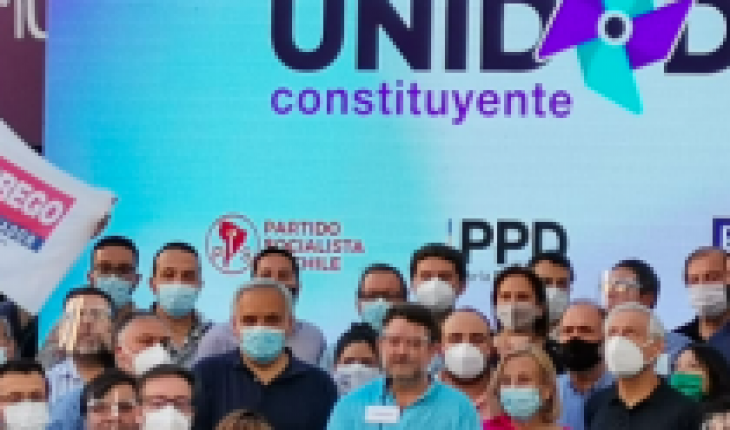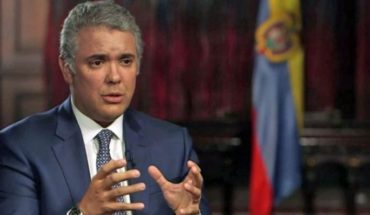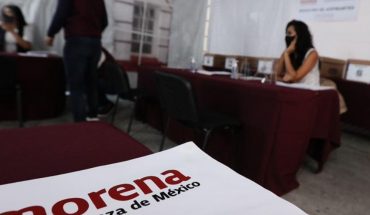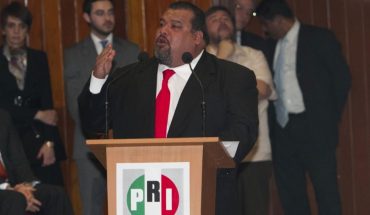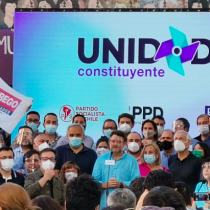
The low influx of voters was one of the main milestones in the 2020 primary elections that took place today, November 29, in a Sunday vote that, because of the above, had several claims for the non-establishment of polling stations that denied the possibility of suffrage to voters such as PPD President Heraldo Muñoz and Common Party Deputy Claudia Mix; both were unable to exercise their civic duty in the vote that has so far starred in the Broad Front and the DC.
There were tables with only five votes and others with less. The delay was noticeable and even, around 1pm, 100% of the tables installed were not yet reached. The figure reached 94.97% at just about four o’clock.
The primaries to elect the candidates who will go on the ballot of Regional Governor and Mayors, in view of the final elections of October next year, departed early and with high tranquility but with a tonic common to those held in 2016: the few voters in the premises enabled in 93 municipalities of the country. Four years ago, with the New Majority and Chile Vamos, 280 thousand people participated.
On Sunday, according to the second partial results bulletin, the Electoral Service reported that with 99.57% of the polling stations constituent unit 251,485 votes and the Broad Front won 66,896 votes. Chile Vamos, meanwhile, added 41,814 votes while the Ecologists and Independents won 6,785 votes for GORE. In total, 366,980 votes.
In addition, with 96.06% of the tables counted, the preliminary results of the primary for mayors are as follows: Chile Vamos: 94,916 votes. Broad Front: 22,276 votes. Environmentalists and Independents: 5,140 votes. The primary duvets had 122,332 votes across the country.
In detail, Constituent Unity managed to move about 10% of its constituents and the Broad Front to just over 7%. A substantial difference that, with few but decision-making votes, will certainly condition the possible pacts from now on; thinking about the constituent and the other elections ahead next year.
The first to be celebrated were the pacts made up of the DC, the PS, the PR and the PPD, where the great winner was the Cristina Democracy that prevailed in six regions of the country, including Arica and Parinacota, Valparaiso and the Metropolitan Region.
The Broad Front did not fall behind and Karina Oliva of the Common Party, together with Claudio Orrego, representative to the phalanx, prevailed after the closing of tables and secured their post on the ballot to govern the MRI.
During the day, various questions arose over uninstioned and closed tables, making it impossible for some voters to vote. Such was the case of the president of the PPD, Heraldo Muñoz, who expressed his annoyance and demanded explanations from the Electoral Service.
“I couldn’t exercise my right to vote in primaries. Closed table and not fused with others running. I asked Servicel to stamp a complaint, but there was no claims book,” the PPD helmsman said on Twitter.
Patricio Santamaría, president of servel, came out and assured that, according to law, only 50 days earlier we can merge the tables. “It can’t be that one day they’re applauding us and then they don’t treat us the way they’ve done,” he fustigated.
In addition, Santamaría went ahead that they will ask the electorates to have the vowels who did not report to justice. And people who were unable to vote will have the possibility to resort to electoral justice, so that it determines whether the Servel actually acted in accordance with the law or not.
The chairman of the Servel Board of Directors welcomed the establishment of tables and admitted that, with regard to accession, if one compares it to the Plebiscite of 25 October “it is much smaller”.
Straight to the ballot
In addition to the DC and the Broad Front, Renovación Nacional also brought out cheerful accounts and, in the election of governors in Chile Vamos, he took 5 of the seven in which he competed with his partners of the UDI and Evópoli.
RN triumphed in Antofagasta, where former Mayor Marco Antonio Díaz prevailed; Atacama region in which Fernando Ghigllino won; the Maule that remained in the hands of George Bordachar; Los Ríos where the official candidate will be María José Gatica; and Aysén where Raul Rudolphi will seek to rule.
The UDI, meanwhile, won in the Tarapacá regions with Jorge Fristonic. And in Coquimbo, Marco Sulantay defeated Adriana Peñafiel by leading the first counts.
With three parties, officialism breathes as Evópoli also settled on the ballot. Evópoli’s applicant and former minister, Camila Merino, took first place at the polls and became the bloc’s sole candidate for mayor in Vitacura on Sunday.
With 45% of the vote of more than 70% of the tables counted, Merino outpertoated the cards of RN, Max del Real and UDI, Pablo Zalaquett, who won 32% and 21% of the vote, respectively. In this way, Evópoli took the quota for the municipalities of 2021 of a mayoralty that for years was in the hands of RN with the current communal chief, Raúl Torrealba.

